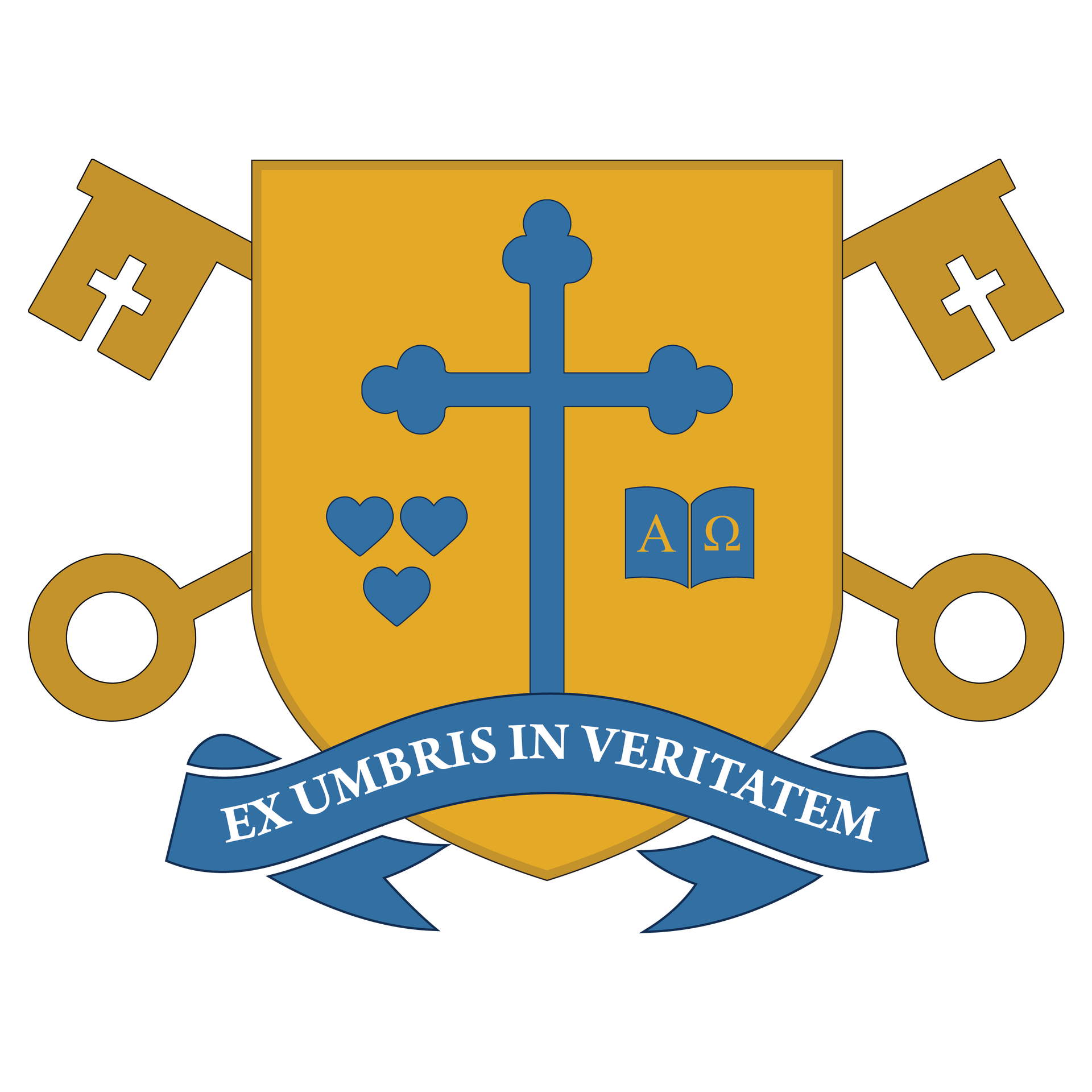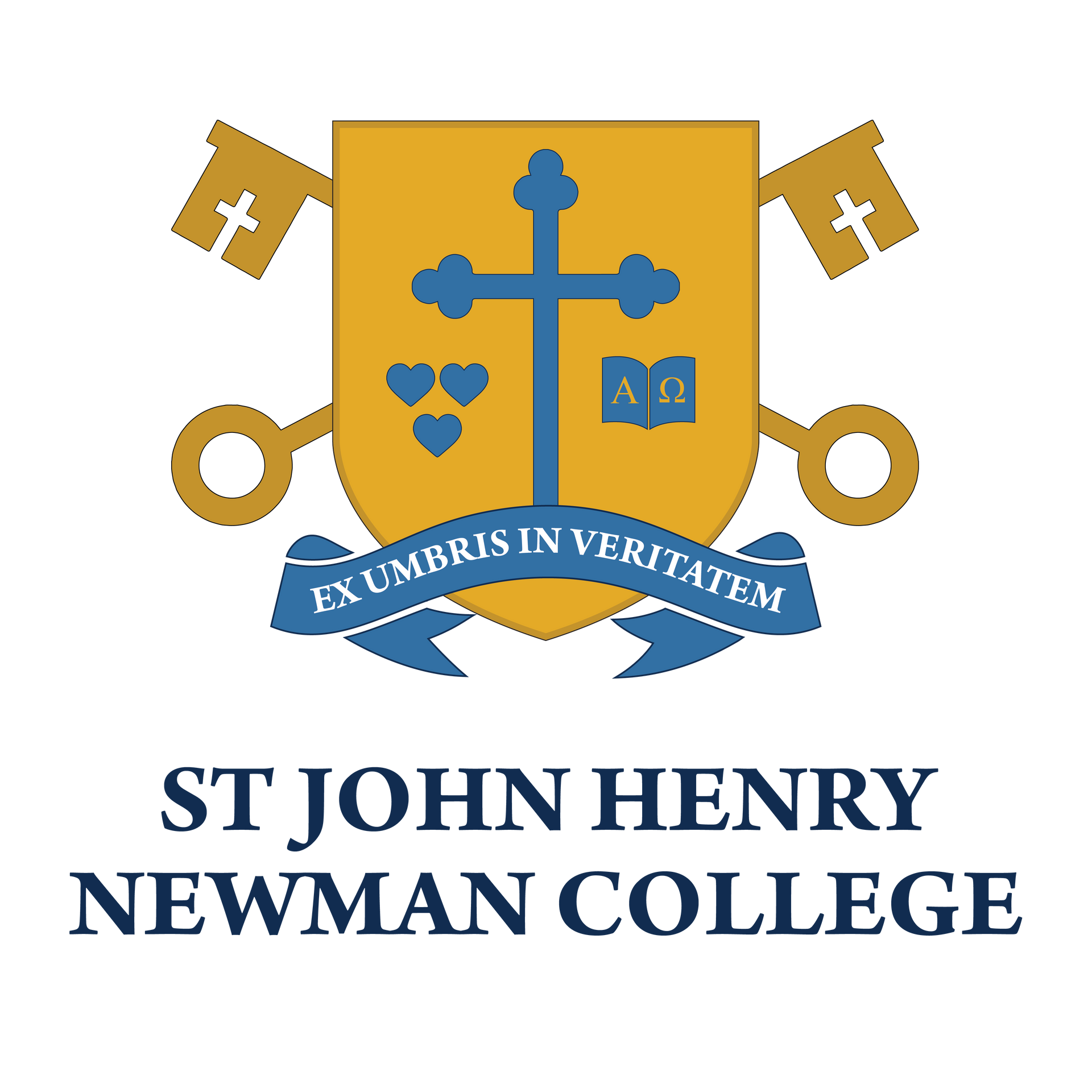Why the Great Books
You will often hear the term 'Great Books' thrown around - but what exactly are they, and what do they contribute to the education of our students?
First and foremost, a Classical education recognises that reading is a very important and good thing, because time spent reading is essential to learning about ourselves and understanding reality. So naturally the next question is, what should we read? That's where we come to the Great Books.
What Are They?
A simple way to describe the Great Books is that they are works which have stood the test of time. These books aren't just works of fiction, they encompass the breadth of disciplines, from mathematics and science to theology and philosophy. They have had a profound and enduring influence on Western culture, and speak to the unchanging realities of human nature and the abiding questions that persist from age to age. In his discussion on the reading of old books, C.S. Lewis describes how:
''A new book is still on its trial… It has to be tested against the great body of Christian thought down the ages, and all its hidden implications (often unsuspected by the author himself) have to be brought to light…"
The value in these old books, or Great Books, is that they communicate truth, goodness and beauty to the reader, and align with reality. These are works of the past that help us to realise the fullness of our humanity as we look to the future, and are worth reading and re-reading as they form us. To quote Lewis again,
"People were no cleverer then than they are now; they made as many mistakes as we. But not the same mistakes. They will not flatter us in the errors we are already committing; and their own errors, being now open and palpable, will not endanger us."
Why Should We Read Them?
These old books are often more difficult and challenging to read. So why should we persevere with them, and why should we encourage students to do the same?
We know what we read matters because it forms us and changes us. We also know that one of the goals of education is to learn to love what we ought to love. Children can and should be encouraged to fall in love with these Great Books, not only because of their content, but because the very act of reading these works is deeply beneficial and rewarding. These books can be difficult. They are often complex and demand sustained focus and attention. However, the act of persevering through the difficulty is what cultivates the love of learning itself. One of the joys of learning is to experience the difficulty of a complex problem, to work through this difficulty, and then overcome the difficulty by solving it. For a students, this is one of the greatest rewards.
Find Out More
If you would like to know more, you can check out the Educating Humans podcast, a show about classical education in Australia, co-hosted by our Principal Kenneth Crowther. In this short episode, they discuss the Great Books and why it it is so important we still read them today.






